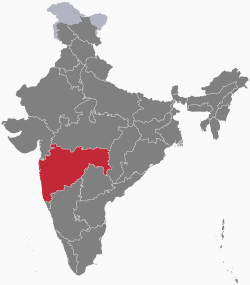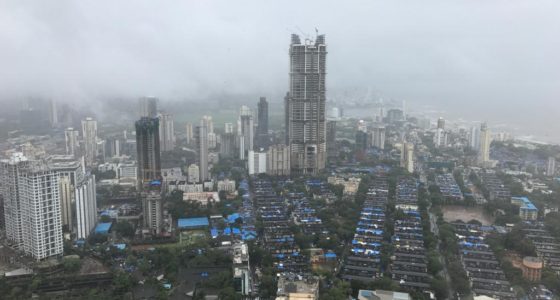Maharashtra ranks 1st in Green Business Certification Inc India’s list. Followed by Karnataka, Haryana, Tamil Nadu and Uttar Pradesh.
By Varun Singh
Maharashtra is number one in the list released by GBCI India (Green Business Certification Inc.) of India’s Top 10 States for LEED (Leadership in Energy and Environmental Design), the world’s most widely used green building rating system.
This is the third year that the top 10 has been released in India, ranking Indian states in terms of cumulative gross square meters (GSM) of LEED-certified space.
“India continues to be a global leader in green building. By pursing LEED certification for buildings and spaces, India is not only contributing to economic growth and development, but actively raising the living standard for its residents by providing more resilient, healthier and efficient buildings and communities,” said Mahesh Ramanujam, president and CEO of U.S. Green Building Council and GBCI.
LEED is an international symbol of sustainability excellence that signifies a building is lowering carbon emissions, conserving resources and cutting costs, while prioritizing sustainable practices and creating a healthier environment. Maharashtra tops the list, followed by Karnataka, Haryana, Tamil Nadu and Uttar Pradesh, respectively.
In a change from last year, Haryana has moved up in the list, edging out Tamil Nadu for the third spot. The Top 10 states for LEED are home to more than 843 million Indians, and together include more than 48.3 million gross square meters of LEED-certified space.
The detailed rankings are included below:
| Rank | State | Number of LEED-certified projects | Certified Gross Square Meters (GSM) |
| 1 | Maharashtra | 373 | 10,258,564 |
| 2 | Karnataka | 301 | 9,691,621 |
| 3 | Haryana | 139 | 5,906,220 |
| 4 | Tamil Nadu | 178 | 5,405,415 |
| 5 | Uttar Pradesh | 95 | 4,756,050 |
| 6 | Telangana | 106 | 4,143,928 |
| 7 | Delhi | 72 | 3,074,542 |
| 8 | Gujarat | 57 | 2,247,419 |
| 9 | West Bengal | 40 | 1,986,383 |
| 10 | Rajasthan | 21 | 901,918 |
*As of December 31, 2019
India boasts more than 1,400 LEED-certified buildings and include schools, hospitals, offices, residential buildings and more. Buildings that are LEED-certified create healthier spaces for people, as well as use less energy and water, reduce air pollution, provide cleaner air indoors and save money for businesses and families. They also generate fewer emissions compared to traditional buildings — not only during the construction stage but also after they are occupied and throughout the entire life cycle of a building.
Also Read: Mumbai’s 30% Realty Projects Under Litigation: Study









